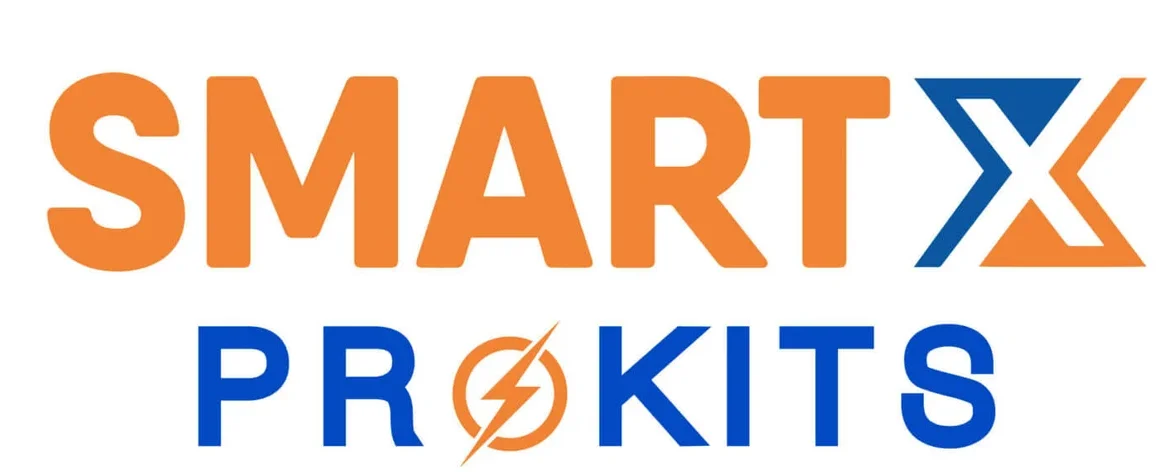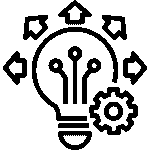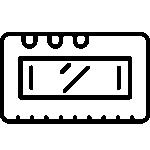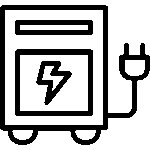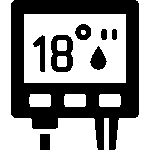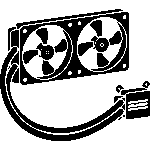Handy Guide: Electronics Industry Terms You Need to Know.
Understanding the terminology in the electronics industry can be quite helpful. Here’s a handy guide:
Integrated Circuit (IC):
- A compact arrangement of transistors, resistors, and capacitors on a semiconductor material. Commonly referred to as a “chip.”
Resistor:
- An electronic component that limits or controls the flow of electric current in a circuit.
Capacitor:
- An electronic component that stores electrical energy in an electric field.
Inductor:
- A coil of wire that resists changes in electric current, creating a magnetic field.
Transistor:
- A semiconductor device that amplifies or switches electronic signals.
Diode:
- A semiconductor device that allows current to flow in one direction only.
Voltage:
- The electric potential difference between two points in a circuit.
Current:
- The flow of electric charge in a circuit, measured in Amperes (A).
Resistance:
- The opposition a material offers to the flow of electric current, measured in Ohms (Ω).
Ohm’s Law:
- The relationship between voltage, current, and resistance: �=�×�V=I×R.
Printed Circuit Board (PCB):
- A board that mechanically supports and electrically connects electronic components using conductive tracks, pads, and other features.
Microcontroller:
- A compact integrated circuit designed to control a specific operation in an embedded system.
Semiconductor:
- A material with electrical conductivity between that of a conductor and an insulator. Commonly used in electronic components.
Oscillator:
- A circuit that produces a repetitive electronic signal, often used as a clock in digital systems.
Voltage Regulator:
- A device that maintains a constant output voltage despite changes in input voltage or load.
Amplifier:
- A device that increases the amplitude of a signal.
Frequency:
- The number of cycles of a periodic waveform that occur in a unit of time, usually measured in Hertz (Hz).
Logic Gate:
- An elementary building block of digital circuits, performing a Boolean function.
Soldering:
- The process of joining two or more electronic components using molten solder.
Electromagnetic Interference (EMI):
- Electrical noise that interferes with the proper functioning of electronic devices.
Surface Mount Device (SMD):
- Electronic components mounted directly onto the surface of a printed circuit board.
Field-Effect Transistor (FET):
- A type of transistor that uses an electric field to control the flow of current.
Digital Signal Processor (DSP):
- A specialized microprocessor designed to process digital signals like audio or video.
Analog-to-Digital Converter (ADC):
- Converts analog signals into digital signals for processing in digital systems.
Power Supply:
- A device that provides electrical energy to an electric load.
Feel free to dive deeper into each term based on your specific interests or projects!

